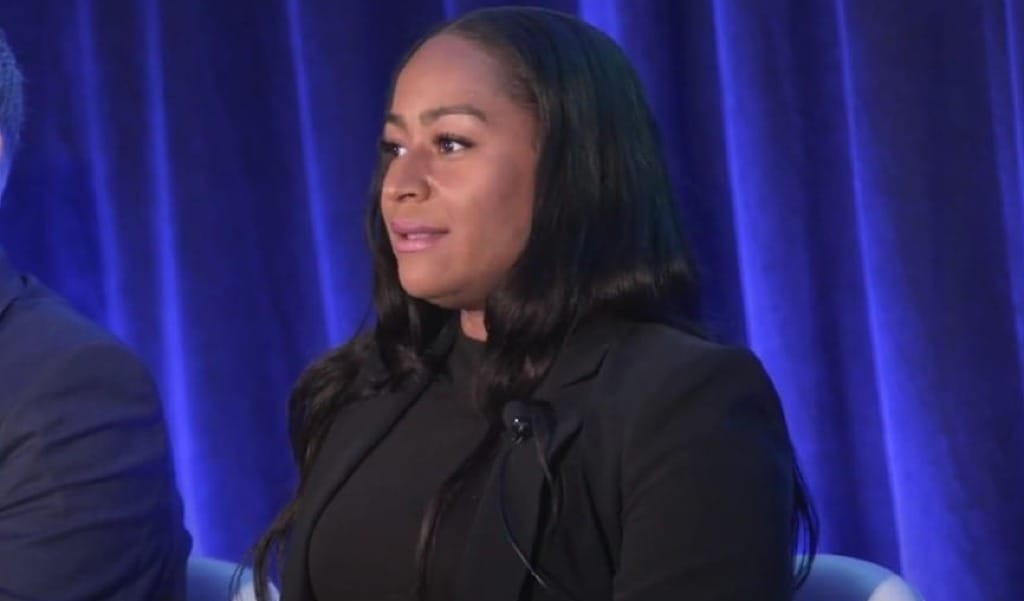AT&T Wants Two Years to Comply with FCC’s Mobile Phone Unlocking Proposal
An FCC 60-day phone unlocking mandate would exceed agency authority, AT&T argued.
Jericho Casper

WASHINGTON, Nov. 14, 2024 – AT&T has pushed back against a consumer-focused proposal from federal regulators to unlock mobile phones within 60 days, citing potential legal overreach.
In a recent filing to the Federal Communications Commission, AT&T argued that the FCC lacked explicit authority to enforce such a mandate. The company also requested a two-year compliance period for the proposed mandate, which would require mobile providers to unlock customers' devices, even if the devices are still under financing agreements.
The filing, submitted by AT&T director of federal regulatory affairs Anisa Green, challenged the legal grounding of the FCC’s proposal:
“This proposal is based on questionable legal authority. No provision of the Communications Act [of 1934] explicitly grants the FCC authority to require handset unlocking, or to regulate handset sales or financing in any manner,” the filing stated, adding that “this proposed expansion of FCC authority would be unlikely to withstand judicial review.”
AT&T’s filing also urged regulators to consider the differences between prepaid and postpaid models. In a prepaid plan, customers pay in advance for a set amount of data, talk, and text. There’s no contract, and users can add more funds as needed. In a postpaid plan, customers receive a monthly bill after using services, typically as part of a contract with the carrier.
AT&T specifically proposed that prepaid customers should complete at least six months of payments before devices are unlocked, allowing providers time to recover handset subsidies and prevent fraud. For postpaid devices, AT&T recommended that unlocking be contingent upon the “completion of the customer’s contractual commitments.”
One of AT&T’s main opposition arguments has been that mandated unlocking threatens the affordability of devices. However, consumer advocates and competitors like Verizon have pushed back, highlighting that unlocking does not inherently raise costs.
Verizon, which has been required to unlock devices after 60 days since a 2007 spectrum agreement, supports the FCC’s proposal, seeing it as a way to enhance consumer choice.
In addition, 18 consumer groups urged the FCC to adopt the proposal last month, while the National Telecommunications and Information Administration went further, advocating for making the unlocking period as short as possible to maximize consumer freedom.
The proposal’s future hinges on the FCC's upcoming leadership. Commissioner Brendan Carr, the likely candidate for Republican FCC chair under the next administration, has generally opposed expansive consumer protection measures. If appointed, experts expect Carr to shift away from current FCC consumer-focused efforts, which likely include the unlocking mandate.
Neither Carr nor Republican FCC Commissioner Nathan Simington issued statements when the FCC released the unlocking Notice of Proposed Rulemaking in July.









Member discussion